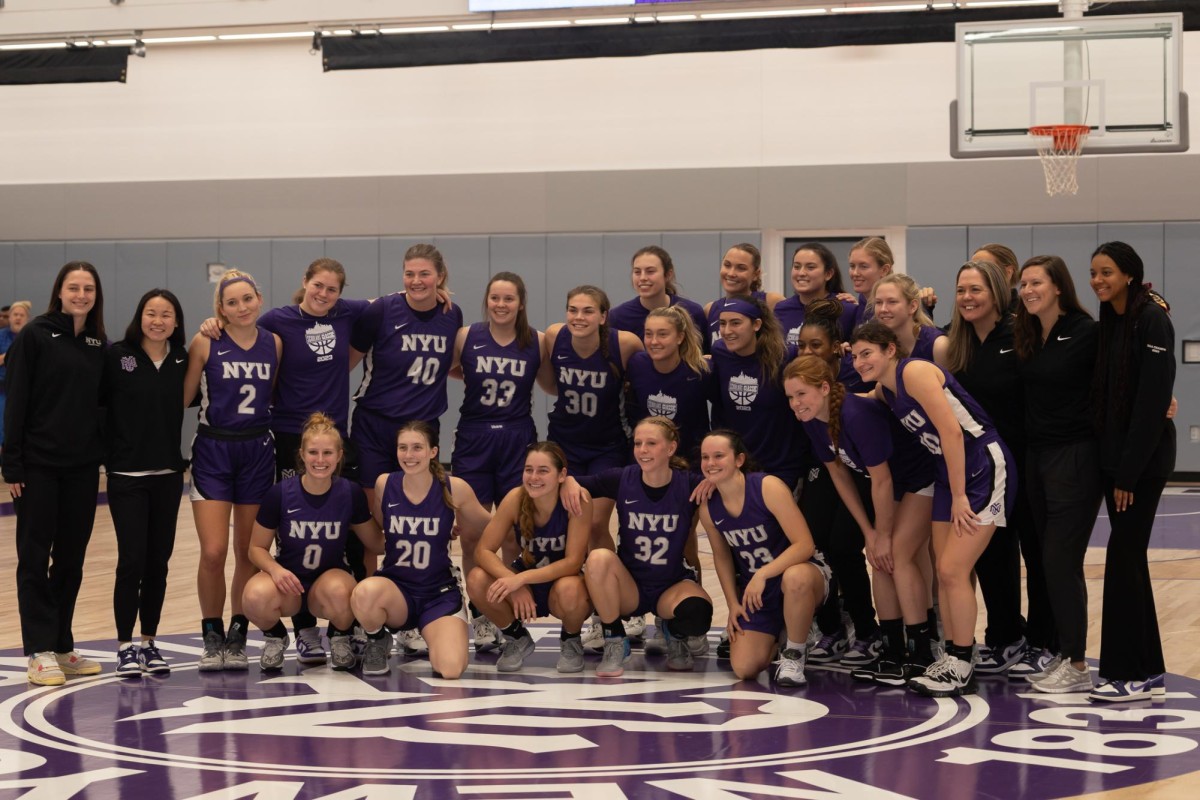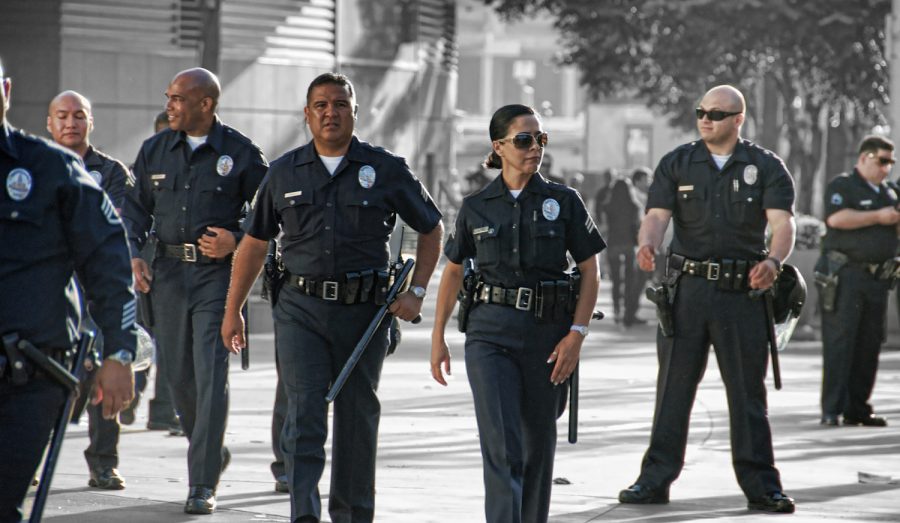NYU Law Advises LAPD Through Policing Project
NYU Law’s Policing Project serves to strengthen policing policies through democratic governance. Administrators, students and faculty are currently working with the LAPD on reevaluating body camera footage policies.
April 3, 2017
NYU is extending its influence to the West Coast with its involvement in the Policing Project, a collection of faculty, students and administrators from NYU Law who help enhance policing policies.
The Los Angeles Police Department will re-evaluate its policy on the release of body camera footage with the group’s help. May 7 is the projected date for the Policing Project to submit its report of community input initiatives from Los Angeles residents to the LAPD for review, along with recommendations for the policy itself.
The LAPD currently only releases body camera footage on an ad hoc basis, as the result of a court order or if there is a significant public safety issue. The Policing Project’s Deputy Director Maria Ponomarenko said that the issue of policing has gained a lot of attention due to high-profile shootings after which the public has demanded to see video footage of incidents.
Ponomarenko said she believes many police departments face problems when they do not have clear policies on video releases, and when they only release videos in response to post-shooting protests, questions arise as to why they do not always make them available to the public.
“What they need is for a clear policy, whether that policy says the video should be released right away or after six months or wait until there has been a decision of whether anybody is going to be tried criminally,” Ponomarenko said. “That is up to communities to decide, and there are strong arguments in each direction.”
She also said that last summer, similar projects were enacted in Camden, N.J. and New York City and that the Policing Project is currently working with police departments in Tucson, Ariz., Cleveland, and Tampa, Fla. to make policing more public.
NYU Law professor and Policing Project Director Barry Friedman said there are several considerations that must be taken into account regarding the release of body camera footage.
“On the one hand, there are considerations like transparency and accountability — the public is interested to know what happens [in] the investigation,” Friedman said. “On the other hand there are concerns about privacy and security, so people might be captured in the video who don’t want to be publicly identified.”
Friedman also said that the safety of witnesses in videos is a concern, as sometimes, when videos are released but witnesses do not come forward, the video may over-persuade juries.
“What is important is that we are asking the public, because the public needs to express its views,” Friedman said. “We have produced a video about this issue, and we would love to see this video go viral.”
Jeffrey Rosenthal, a partner at Cleary and Gottlieb — the law firm that offers pro bono counselling for the Policing Project — said that the project approached a wide range of people in Los Angeles for their opinions on body camera footage policy.
“The people we are talking to are members of the community,” Rosenthal said. “We are talking to police officers, we are talking to people in the mayor’s office [and] we were talking to the district attorney’s office, including the district attorney, and we are talking to various activist groups and civic organizations like Black Lives Matter and other community organizations like the ACLU.”
Rosenthal also said that the LAPD’s policy on body camera footage can be applied to police departments across the country, as it increases public input in policing policies.
“The goal of the Los Angeles police commission is to solicit input, to really consider all sides of the issue when it comes to their policy,” Rosenthal said. “I think that is extremely admirable, and I think that other police departments around the country can work to embark on similar projects to try to build a consensus around policy, because I think that really helps promote transparency in policing.”
Friedman believes NYU students would be doing the nation a service by helping raise awareness about the community input initiative.
“Everybody has friends in Los Angeles, and everybody knows people in Los Angeles,” Friedman said. “I really urge everybody from the NYU Community to do us and Los Angeles and the country a big favor by letting everyone in Los Angeles know about the community input initiative.”
A version of this article appeared in the Monday, April 3 print edition. Email Herman Lee at [email protected].












































































































































